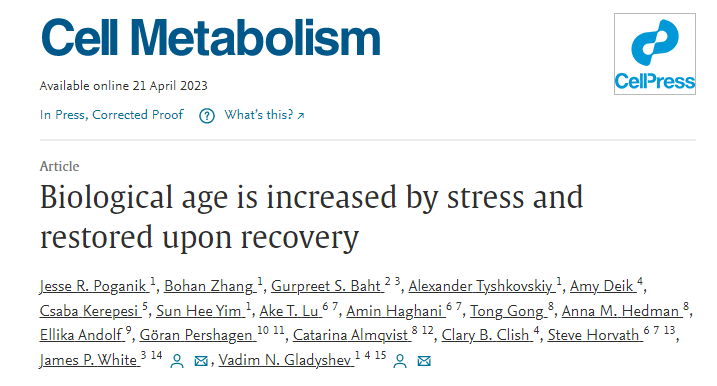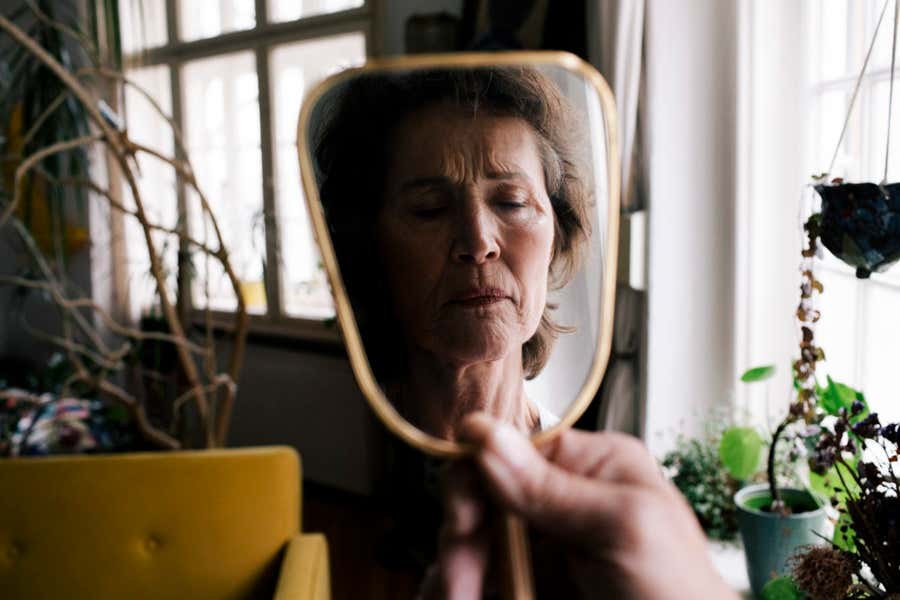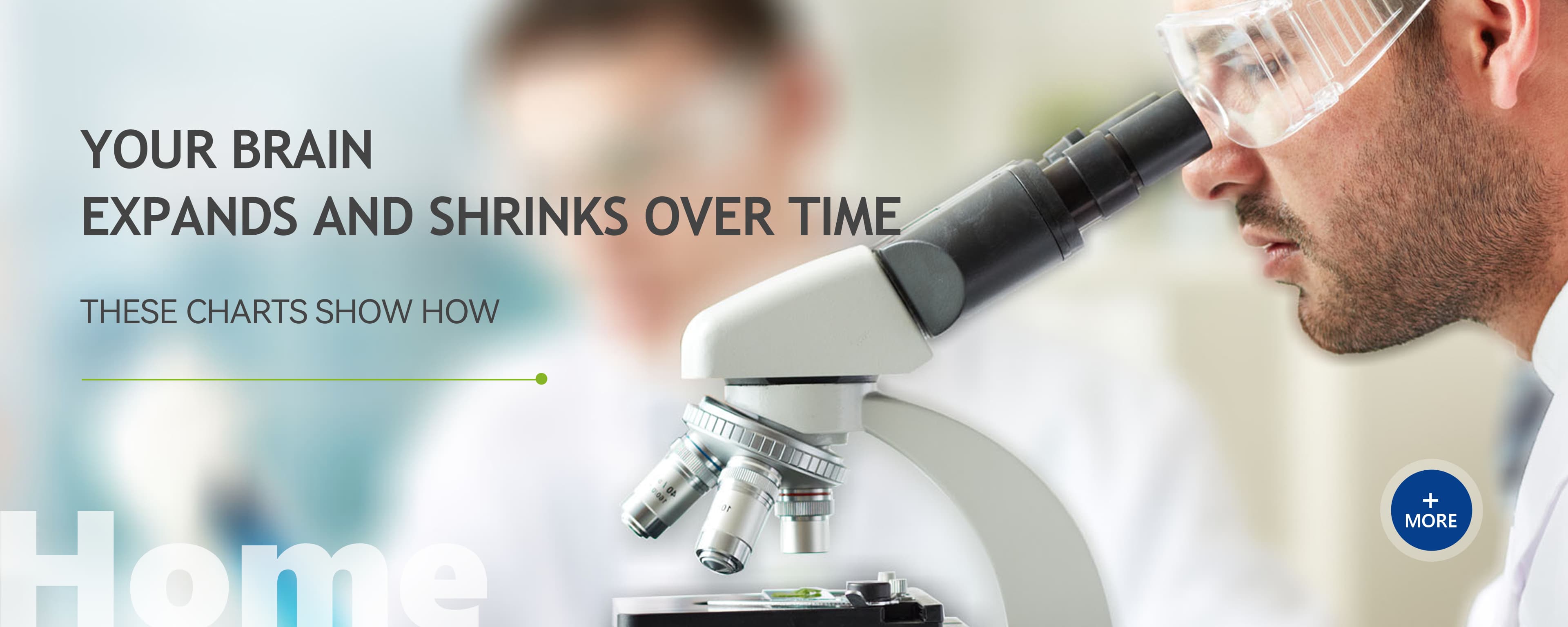A study published in Cell Metabolism found that when we are under stress, our body physiologically ages. But when we recover, it becomes younger again. The study analyzed the DNA of people who underwent emergency hip surgery, were infected with COVID-19, or were pregnant.

We usually measure age by the number of birthdays, which is called actual age. But people's biological age may be older or younger than their actual age, depending on factors such as smoking or insufficient sleep.
In order to measure biological age, researchers developed an "epigenetic clock" that analyzes age-related methyl marker patterns on DNA.
Researchers used these clocks to evaluate the impact of three types of stress events on biological age. In each case, they analyzed DNA from blood samples collected by participants from previous studies at multiple time points.

In the first analysis, the research team found that when nine participants with an average age of 81 underwent emergency surgery for hip fractures, their biological age rapidly increased, but returned to pre operative levels within the following week.
Next, the scientist measured the biological age of 29 participants with an average age of 60 years old during hospitalization after infection with COVID-19 and after discharge. The biological age of female participants decreased after discharge, but the biological age of male participants did not decrease, which may be due to the fact that on average, it takes longer for males to fully recover.
Finally, the research team compiled data from four studies, including over 200 pregnant women. As is well known, pregnancy can bring stress to the body. Their biological age continued to increase during pregnancy, but returned to levels lower than early pregnancy six weeks after delivery. Researchers also used epigenetic clocks to measure the biological age of mice before, during, and after pregnancy, and found similar patterns.
However, Luigi Fontana from the University of Sydney in Australia stated that although there may be short-term fluctuations in biological age, the overall trend is still continuing to age. Nevertheless, we now know that biological aging can at least be slightly reversed, which increases the possibility of developing treatment methods to further promote this reversal.
Biological age is increased by stress and restored upon recovery
Journal: Cell Metabolism
Summary:
Aging is classically conceptualized as an ever-increasing trajectory of damage accumulation and loss of function, leading to increases in morbidity and mortality. However, recent in vitro studies have raised the possibility of age reversal. Here, we report that biological age is fluid and exhibits rapid changes in both directions. At epigenetic, transcriptomic, and metabolomic levels, we find that the biological age of young mice is increased by heterochronic parabiosis and restored following surgical detachment. We also identify transient changes in biological age during major surgery, pregnancy, and severe COVID-19 in humans and/or mice. Together, these data show that biological age undergoes a rapid increase in response to diverse forms of stress, which is reversed following recovery from stress. Our study uncovers a new layer of aging dynamics that should be considered in future studies. The elevation of biological age by stress may be a quantifiable and actionable target for future interventions.





